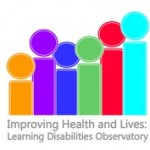
Normally here at WELD, we are in the business of reporting research findings and drawing attention to the evidence. However, two new research projects caught our eye this week as they are to do with subjects we have previously posted about. Both projects are looking for people to get in touch with their experiences, so [read the full story…]






